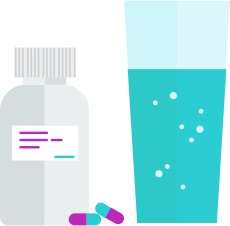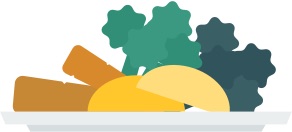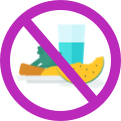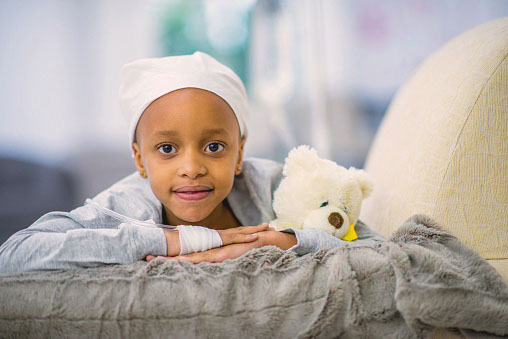 Constipation and Diarrhea
Constipation and Diarrhea
Constipation and Diarrhea
Constipation and diarrhea are common side effects of neuroblastoma treatment. Learn why they happen and how they will be managed.
Constipation
Constipation is when your child’s bowel movements (stools) are hard or difficult to pass.
Potential causes of constipation
Constipation can be caused by:
-
Medications
- Certain chemotherapy
- Strong pain medicines (opioids)
- Some antinausea medicines
- Not drinking enough water
- Decreased activity
- Pressure from a tumor
Signs and symptoms of constipation
Your child may go to the bathroom less often or in very small amounts. This can lead to other symptoms like pain, decreased appetite, hemorrhoids, or tears in the skin, which could lead to infections.
Treating constipation
Talk to the healthcare team about your child's symptoms of constipation, and they will determine the best treatment for your child. Common treatments for constipation include:
-
Medication
- Stool softeners can increase water and fat in the stool to make it softer, and easier to pass
- Laxatives can help by either increasing fluid in the gastrointestinal tract or increasing contractions in the muscles of the intestines
-
Diet Change
- Drinking plenty of water
- Eating foods high in fiber (fruits, vegetables, whole grains)
-
Physical activity
- Regular activity, such as walking, can help stimulate bowel function
Managing constipation at home
There will be some actions you can take at home to help manage your child’s constipation. Some helpful tips are:
- Keeping records of your child’s toileting habits
- Talking to your child about constipation in an age-appropriate way
- Consistently following instructions from your child’s healthcare team
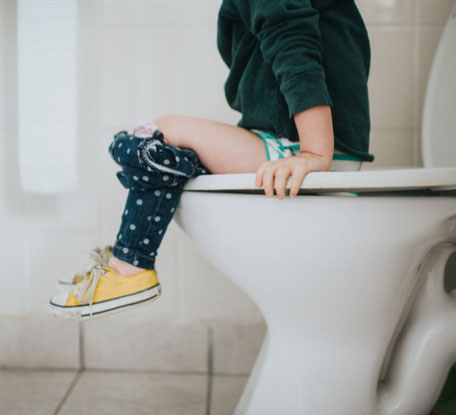 managing constipation at home
managing constipation at home

Please call your child’s healthcare team immediately if you notice a change in your child’s bowel movements (not as often, not as much), pain when having a bowel movement, or hard stool even after giving medicines for constipation.
Diarrhea
Diarrhea is frequent watery or loose stools. If your child has diarrhea, they may develop dehydration or electrolyte imbalances. It will be important to make sure your child is drinking enough fluids so they do not become dehydrated. In some severe cases, children may need IV fluids to replace the fluids lost from diarrhea.
 diarrhea
diarrhea
Potential causes of diarrhea
Many factors may cause diarrhea, such as:
- Chemotherapy
- Radiation
- Antibody therapy
- Antibiotics
- Infection (virus or bacteria)
- Bone marrow transplant
- Stress and anxiety
Signs and symptoms of diarrhea
Diarrhea may cause cramping or incontinence (unable to make it to the toilet in time). It may also lead to skin irritation or breakdown, which may lead to infections.
Treating diarrhea
Treatment for diarrhea can vary depending on the cause. Medications can be given to help control diarrhea, but they may not always be recommended. You should always talk to your child’s healthcare team before giving your child any antidiarrhea medications.
- If diarrhea is caused by an infection, treatment with antibiotics may be necessary
- If diarrhea is caused by chemotherapy, the dosing or frequency may be changed
The healthcare team may also recommend changes in diet to help manage your child’s diarrhea. You can help your child by making sure they:
Managing diarrhea at home
Some tips to help manage your child’s diarrhea at home are:
- Keeping a record of your child’s toileting habits
- Monitoring your child’s skin for irritation
- Carrying an extra set of clothes and plastic bags for dirty laundry

Please call your child’s healthcare team if your child has frequent loose stools or you are worried they may be dehydrated.
Learn about the signs and symptoms of other common side effects of treatment and how the healthcare team may manage each.
